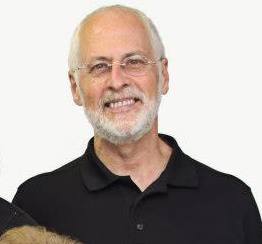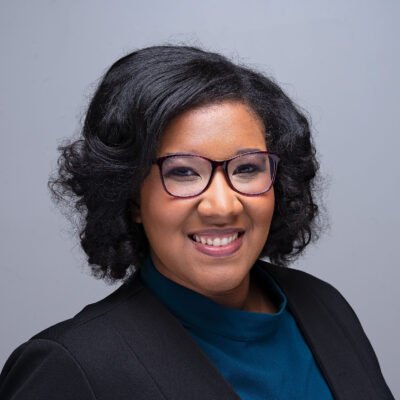This is one in a series of profiles marking the 60th anniversary of the ACLU of Kentucky’s founding. Each week through December 2015 we will highlight the story of one member, client, case, board or staff member that has been an integral part of our organization’s rich history.
David Friedman
“It’s a battle that’s never won. The issues change, the faces change, the courts change, the laws change, but the battle to preserve individual liberties and civil liberties is a never-ending fight.”
David Friedman served as the ACLU-KY’s general counsel for a lengthy 25 years. He argued and won a case in the U.S. Supreme Court, but for Friedman, the best parts of working with the ACLU-KY were his day-to-day experiences.
“[Working with the ACLU-KY, you are] able to have an effect in the community on the issues that concern them and be the voice of civil liberties,” Friedman explained. “One of the advantages of living in a smaller city is that you have the opportunity to be the voice of the ACLU on those issues. When something comes up, the newspaper calls you. You get to articulate the ACLU’s position.”
Another highlight for Friedman of being ACLU-KY’s general counsel was working with inspirational clients. People pushing for change in rural parts of the state were often especially close to Friedman’s heart. “We went in and litigated and did whatever we did and got out and went home, but they had to stay there,” he said. “They had to live with neighbors, family, and friends that sometimes really disagreed with them, and that took great courage. I was always moved when we had those cases.”
One such client was a Pikeville woman who sued to stop the practice of missionaries teaching Bible stories in the Pikeville public schools. “Everyone was against us,” Friedman said, describing how the courthouse was packed on the day of the trial. “I was touched by the [woman’s] strength and determination to stand up for what she thought was right,” he said. “That’s a hard thing to do. It’s easy to do from a distance, it’s easy to do in theory. It’s hard to do when it has an adverse effect on your life.” Work like the Pikeville case continues to stand out when Friedman reflects on his time with the ACLU-KY.
“The overriding thing is that it was the most important and satisfying work I ever did, easily,” he said. “If I were independently wealthy and didn’t actually need to have a job, I would’ve done nothing but that.”



